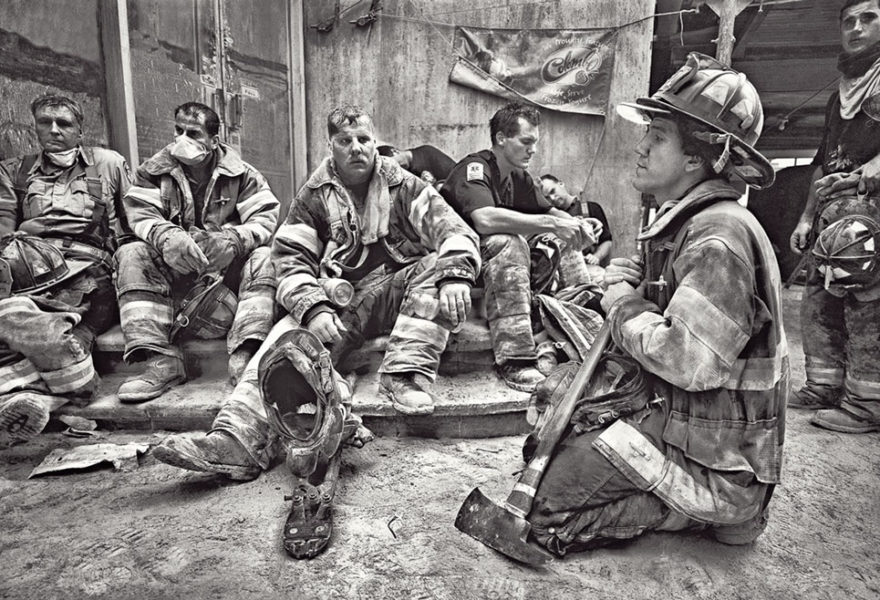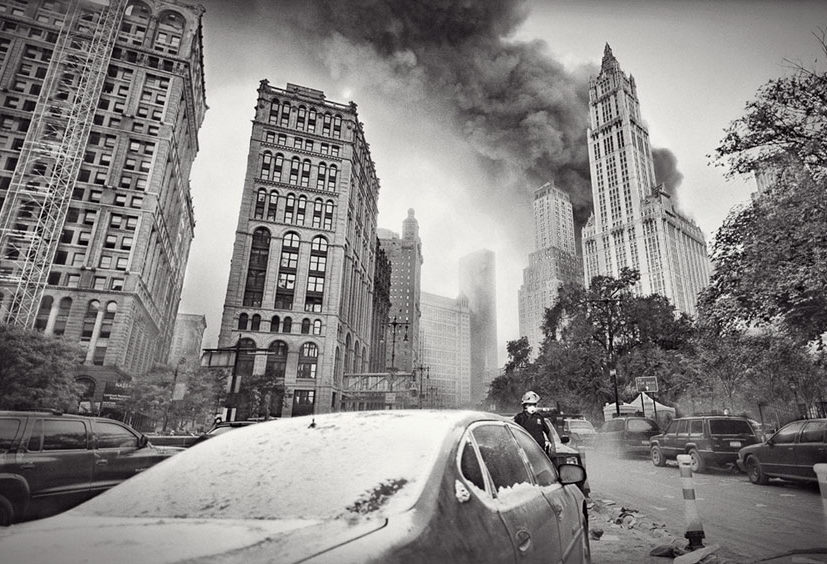NEW YORK. WORLD TRADE CENTER, 2001
The war on terrorism
“The terrorist acts of 9/11 disrupted the foundations of the international system of early twenty-first century. From that moment, the war on terrorism became the linchpin of the new system and the doctrine of preventive war in its ideological base. On the agenda of world politics and particularly in foreign policy of the United States, the national security was repositioned as a priority, and other topics came in second place… The us government turned his country into an safety-obsessed state, where the fight against terrorism was established as the main objective and particularly to avoid a new attack on its territory. To achieve this, the United States emphasized the military approach to guard its borders, which, automatically, directly affected the relationship with Mexico”. (Velázquez, 2008, 62)
“We can say then that, from a traditional perspective of security, from the Cold War, it went to an enlarged vision in the 90s, and after the attacks of 9/11, preventive security vision was developed. This concept of security arises in general terms, the need to undertake primarily, military, or political action against sources of threats, whether hostile States or States that host terrorist groups, although the threat has not been fully established. This implies that the best way to maintain the integrity of the State is to act militarily against threats even before they are consolidated”. (Montero, 2006)
The Patriot Act
“On October 26, 2001, President Bush signed the controversial Patriot Act, directed against foreigners, many of whom, under the hazy atmosphere of schizophrenia created by the same authorities, were viewed as potential terrorists … In that line the Attorney General authorized the detention of immigrants and foreigners indefinitely simply with the presumption that a person is ‘suspicious’ or ‘presumed’ has a connection to terrorist organizations. This is a vein of the criminalization of migration”. (Márquez, 2003, 5-6)



